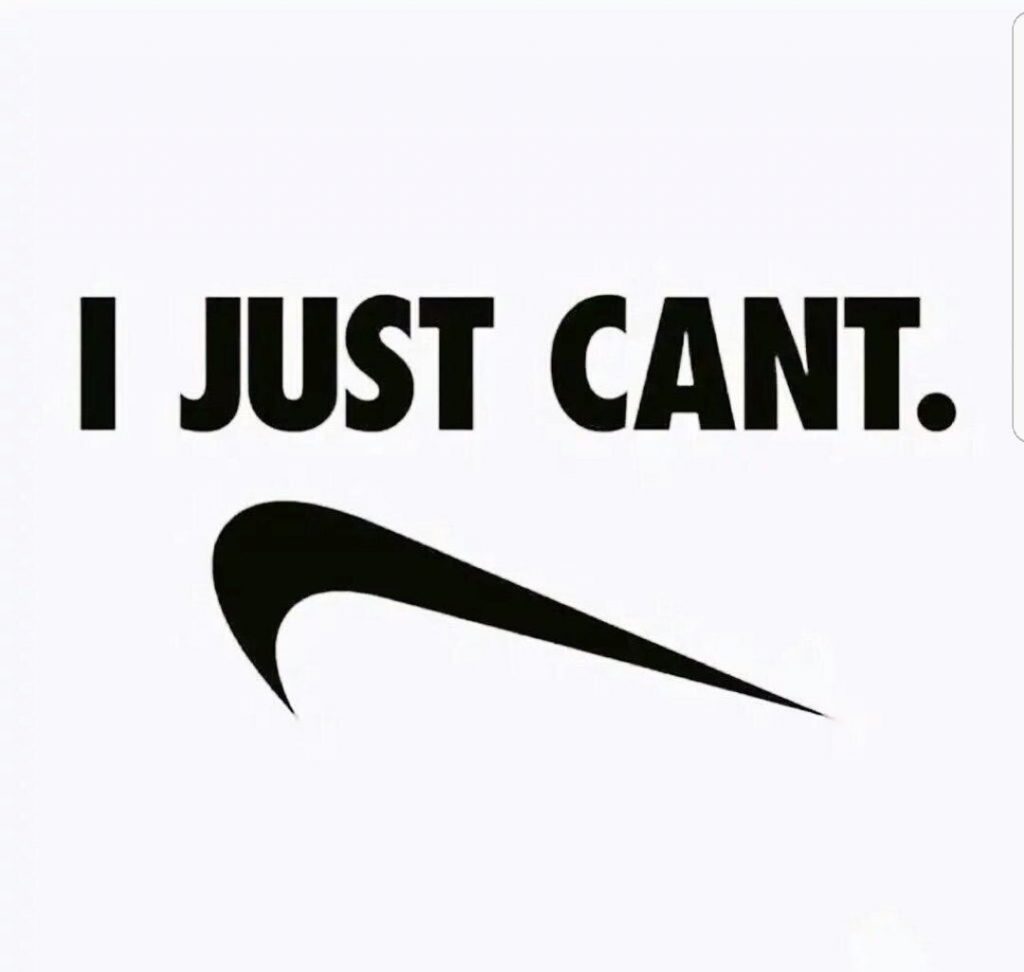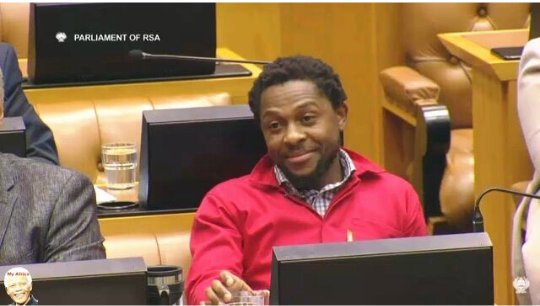**I wrote and published this first on https://lists.ng/
“…and you talk say you go school…” is a popular Nigerian phrase used to express disappointment when a supposedly educated person says/does something unintelligent. A level of wisdom is expected from school-educated people; eloquence, a superior intellect, an unusual perspective – a better one. Generally, more. Many Nigerians are only adept at theoretical question&answer at the detriment of practical problem&solution. Is schooling worth the investment?
Yes! Yes, you may never use the destructive distillation of coal at any of the works you will do as an adult. You may never have to state Ohm's Law or the Archimedes principle, but juggling two related scenarios, making sense of both and going with the best option requires the same principle guiding mathematical simultaneous equations. Shaking your head in disagreement after reading a statement out loud because it doesn’t sound right is a result of all the English Language lessons you took.
The application of knowledge is more important than the latent possession of it and this is a list of secondary school subjects that have the most impact/relevance on our adult, post-secondary-school lives. In no particular order, here goes:
GEOGRAPHY

My favourite secondary school textbook after the dictionary was the World Atlas. I liked how all that vastness was captured on A4-sized, glossy pages. Secondary school geography gives a grounding in topography, agriculture, trade, tourism and so on.
The United States and Iran are currently having a right old intercontinental squabble. Other countries are picking sides and a rudimentary knowledge of world geography will lessen the toll on your brain. You understand treaties, weather, economic warfare, global warming, international relations and diplomacy due to a solid background in all the aspects of geography.

Biology is the aspect of science that deals with the morphology and physiology of creatures and the interaction they share. When done examining the beings of things, one will see that, on some level in a natural ecosystem, these creatures are all interdependent.
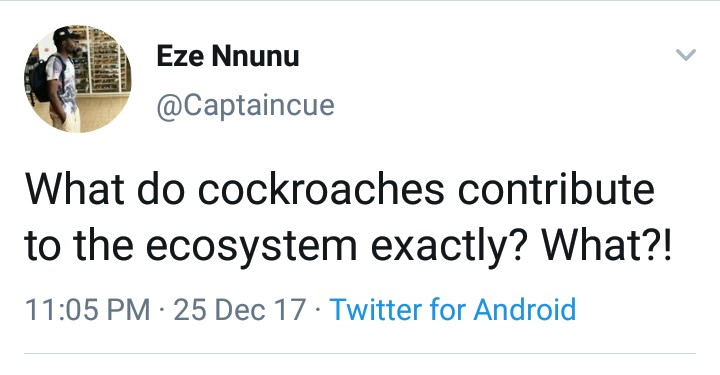
In 1958, the Chinese leader, Mao Zedong, launched the now-infamous Four Pests campaign to eradicate pests (mosquitoes, rodents, flies and sparrows) from the Chinese ecosystem because there was no apparent use for them aside spreading sickness and disease. This was a sad mistake that failed to look past the grains that sparrows eat – they also eat insects! In the absence of the sparrows, insects ran amok and infested crops. What followed was the worst locust outbreak in human history. They devastated crops and caused a famine that left between 30-40 million people dead.
These creatures, their components, functions and interactions are understood and applied accordingly due to our grasp of basic biology.
ECONOMICS

Economics transcend finance and investment. Have you ever received a sum of money and gone ahead to spend it all without covering all your needs? Of course. Resources are never enough to cater to all our needs and a scale of reference is used to allot limited resources to the most important needs. The scale of preference, psychoanalysis of consumers, negotiation, budgeting, forgone alternatives are some of the terms we apply in daily lives without really defining them.
Micro- and macro-economics study the behaviour of individual households and firms while macroeconomics study economics on the national/regional scale. Wiki says economics is a social science that studies the production, distribution and consumption of goods and services. Economic analysis is crucial to running healthcare, business, finance, education, politics and science.
Understanding economic systems and philosophies like capitalism and socialism help to navigate work, business and life. Simpler concepts like demand/supply and division of labour are applied to everyday ventures in order to boost efficiency.
ENGLISH LANGUAGE
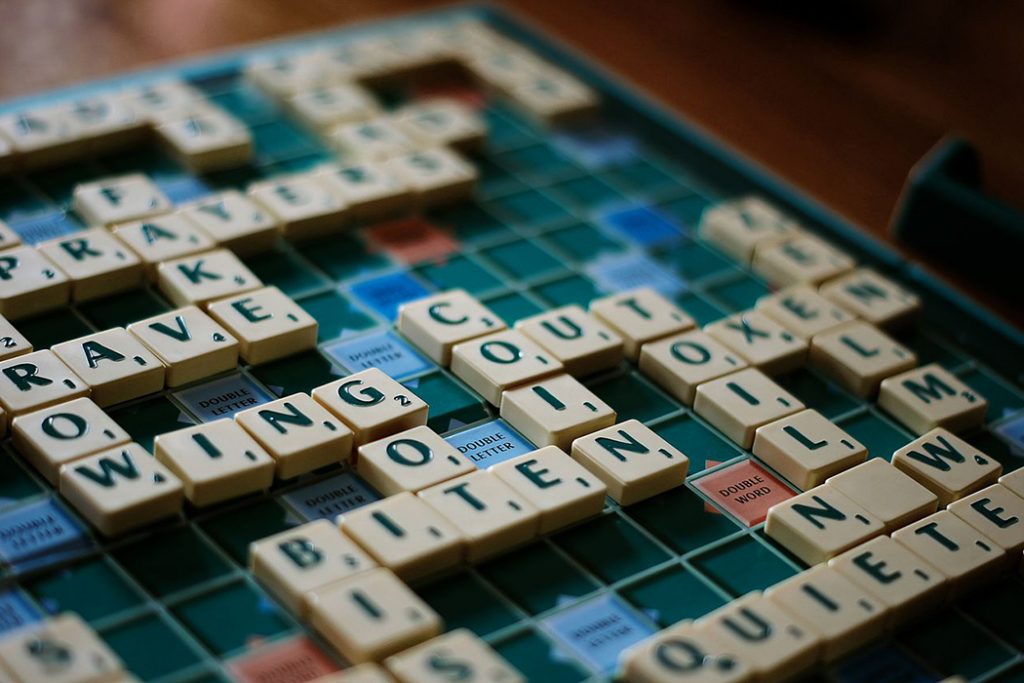
English is kuku not my language is a terrible excuse for communicational ineptitude. English is a pervasive international language and its mastery will never be useless.
“…the most important things are the hardest things to say. They are the things you get ashamed of because words diminish them – words shrink things that seemed limitless when they were in your head to no more than living size when they’re brought out…” --Stephen King
Stephen King gets it! On some level, all the English we need to know is geared toward communication, dissemination, information, education and correspondence. We do all of these and more on a daily basis with the English Language.
GOVERNMENT

Adolf Hitler wrote: “…Instruction in world history in the so-called high schools is even today in a very sorry condition. Few teachers understand that the study of history can never be to learn historical dates and events by heart and recite them by rote; that what matters is not whether the child knows exactly when this battle or that was fought, when a General was born, or even when a monarch (usually a very insignificant one) came into the crown of his forefathers. No, by the living God, this is very unimportant. To ‘learn’ history means to seek and find the forces which are the causes leading to those effects which we subsequently perceive as historical events."
Secondary school Government gives you a solid base upon which you build an understanding of history, war, politics, policies, polity, power, authority, sovereignty, constitution, organizations and all the –isms (capital-, feudal-, colonial-).
MATHEMATICS

The knowledge of algebra (basic subtraction, multiplication, addition and division) proportions, ratios, bearing, sequencing, logic (-al reasoning), statistics, geometry, mensuration are only some of the applications of mathematics.
Euclid of Alexandria was a Greek mathematician who is often referred to as the “father of geometry”. His work was founded on a fundamental premise that “things which are equal to the same things are equal to each other”. That is the basic rule of mathematical reasoning.
From trifles such as the proportions in recipes; to more serious things like dimensions in construction and using calculus to optimize solutions by making mathematical models in business, engineering and medicine -- you will notice, upon close inspection, that no matter your exertion, there is some mathematics to it.
**Chemistry, Agricultural Science and Home Economics narrowly miss out.
-->> Captaincue is a content generator and a freelance writer. Work with me. Call/Text: 08132150177



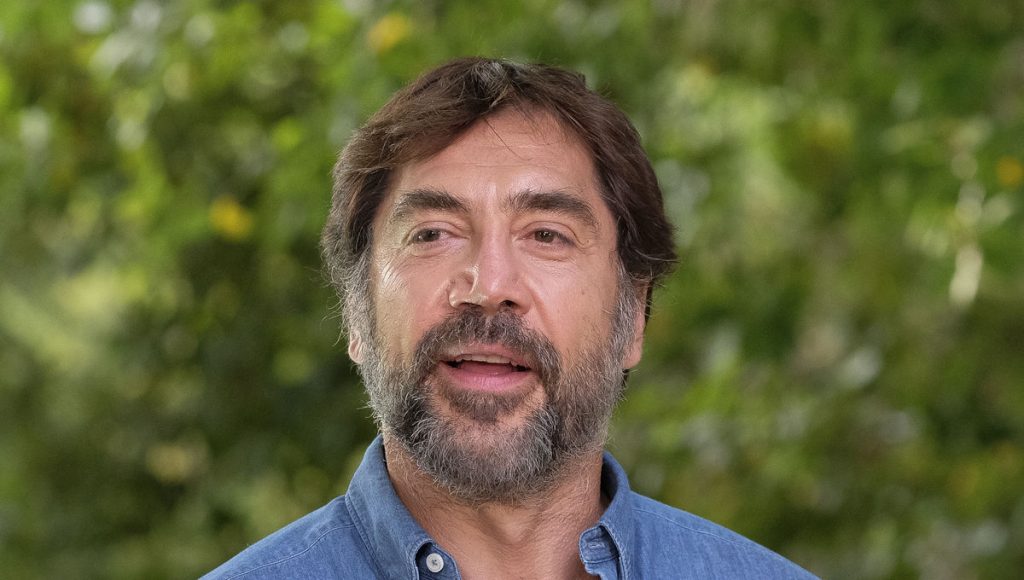

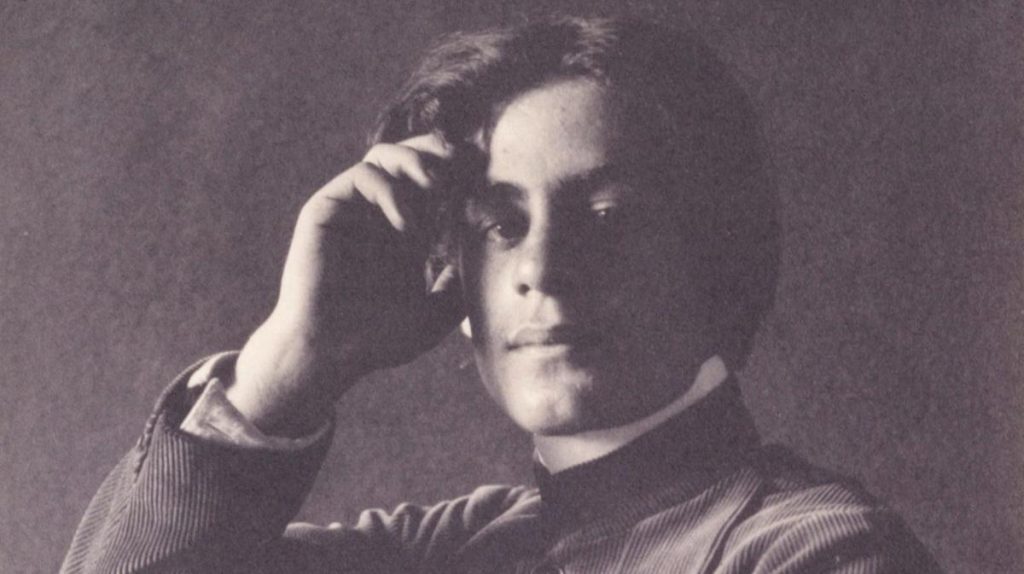
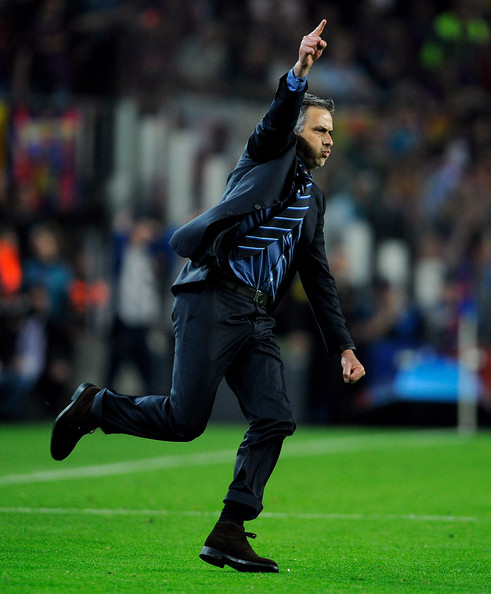







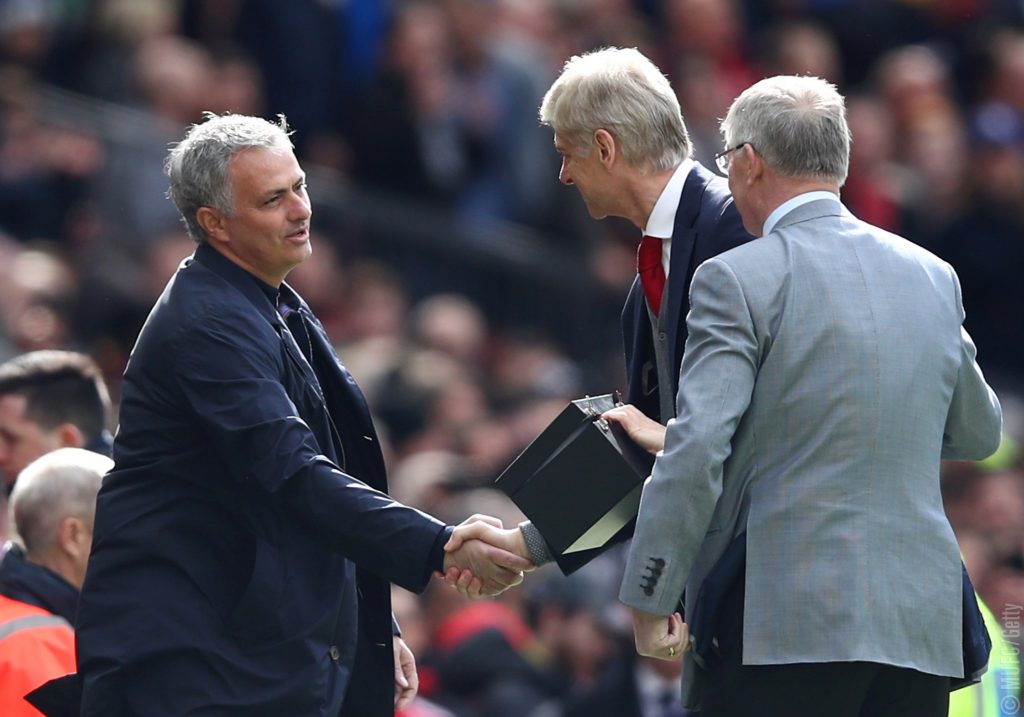 how are you doing, my human friend?
how are you doing, my human friend? you know what’s going on!
you know what’s going on!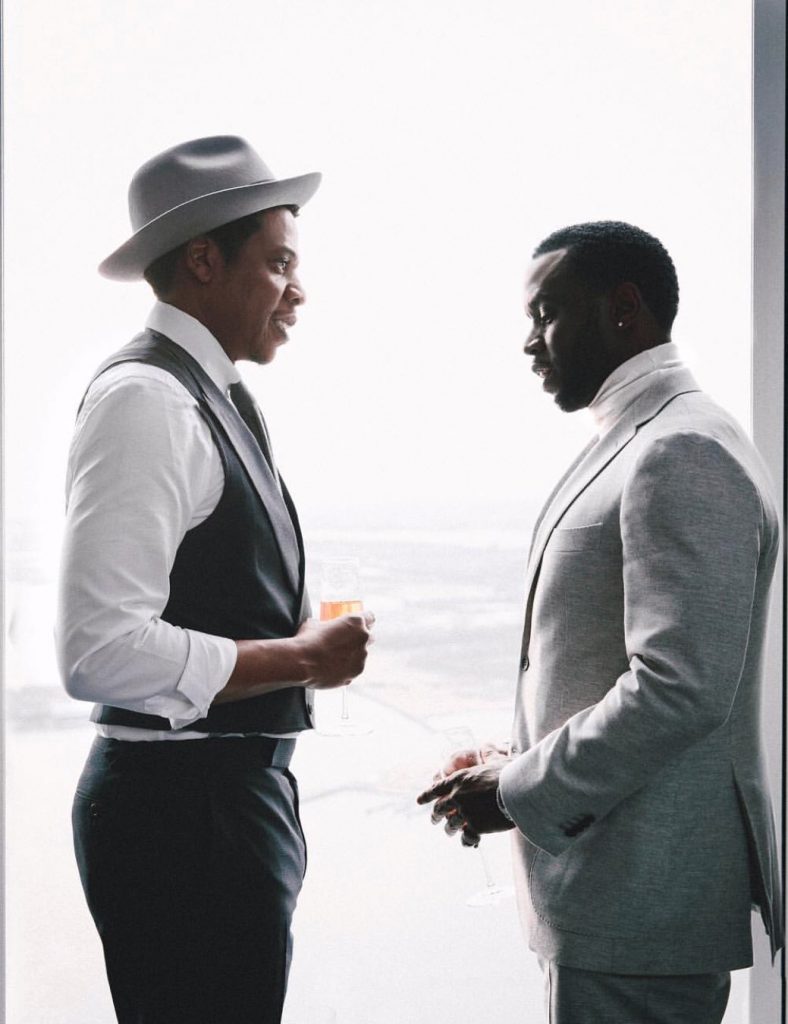 wisdom
wisdom well, damn!
well, damn!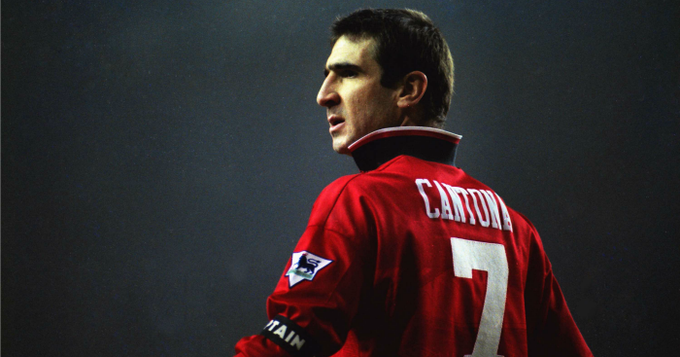 you were saying? I saw a quote on TwitterNG that said: “Every goal must pass the test of discouragement.”
you were saying? I saw a quote on TwitterNG that said: “Every goal must pass the test of discouragement.”
